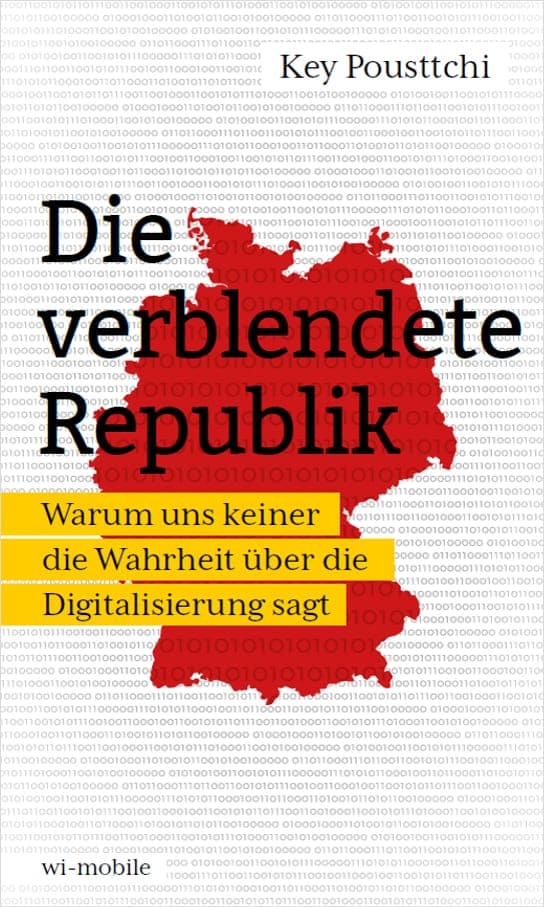Digitization is not for cowards


The joke of the year 2020 went viral: "Who drives digital transformation in your company? a) CEO b) CDO c) Covid-19", c) of course thickly marked in red. We laughed. The media, however, take this at face value and tell us that the ten weeks last spring made more progress in the country's digital transformation than the ten years before.
You and I know that's not true. That encrusted structures and processes don't become future-proof by suddenly living them out on Zoom, Webex or Teams. But why do we talk about digitization in our society with so little knowledge, but all the more conviction? There are three main reasons for this.
First, few understand the subject in depth. No wonder: digitization forms a triangle of technology, business, and people and society. Without a clue about the technology, no one has a serious chance of understanding it. And we insist on turning our schoolchildren into perfect smartphone consumers, but not on educating them in computer science.
But even those who have mastered the technique are still missing two thirds of the triangle. Because you can only recognize what's exciting in context. But even in universities and companies, we make sure that the three silos always remain nicely separated.
Secondly, there are a lot of fakers. Those who understand the game, and many more who are just faking it - both have no interest at all in sharing their knowledge. Because they can now tell everyone else that the subject is far too complex to explain. And can secure advantages for themselves through promises, whitewashing or beating around the bush, in politics as well as in large companies.
Or they remain silent because they are the ones who own the technology, for which they discreetly determine the rules. And thirdly, we, the people, don't want to know the truth at all. So that we can continue to use the convenient and seductive digital technologies without worry.
Yet this is already hardly possible, and in the future - with sensors in private and public spaces as well as digital implants - even less so, without the consequences shaking the cornerstones of the economy and society. Because it's all about one thing above all: control. The fundamental evil of the digital world is that someone else can impose their will on you. And does so. On a personal level as well as between companies and between states.

The clueless attempts to get a grip on the imbalances with simple political regulation are downright touching in their amateurishness: DSGVO, PSD2, "network enforcement law". Well-intentioned instead of well-done.
If you now feel reminded of the German capital's airport, please do: The German government's flagship project, the "IT Consolidation Bund," is slowly moving toward the dimensions of Berlin Airport (BER) as costs increase and delays occur. It's likely that the countless IT consultants there will soon have to hire consultants of their own. To write invoices.
None of this is a coincidence. The problem is that digitization is not the problem. It only highlights the problems that have arisen as a result of many years of short-sighted and opportunistic actions.
In digitization, as everywhere else in life, there are no shortcuts: If you want sustainable results, you have to work sustainably. If digitization is to work, it is not a lifestyle issue, but an engineering task - a large and complex one, to be sure, but one that can be solved. The bad news is that anyone who tries to tell us otherwise is telling fairy tales. Or they click together solutions that don't work out in the end.
I've been around a lot in the world, and Germany is still known there as an engineering nation. Do we really want a handful of foreign corporations to determine how we live? Let's not listen to the phonies, but finally do our homework.
Let's reflect on our abilities and pull together. Ideally in the same direction. Then we can at least manage a draw against the Googles and Amazons of this world.






